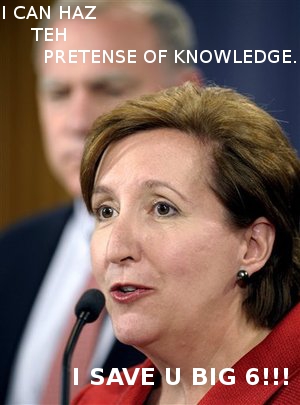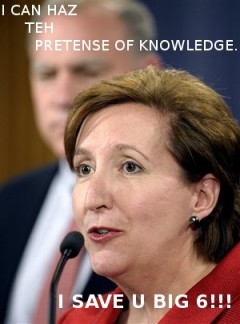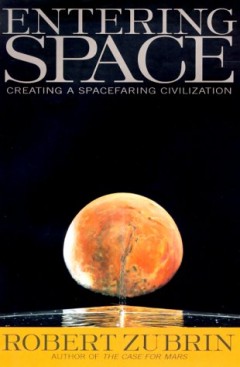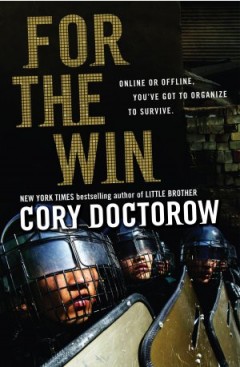
Jeffrey Tucker recently discussed the Department of Justice’s decided to launch antitrust litigation against Apple and five of the Big Six publishers — Hachette, HarperCollins, Macmillan, Penguin, and Simon & Schuster, but not Random House — for alleged price fixing. Three of them — Hachette, HarperCollins, and Simon & Schuster — decided on the same day to settle straight away. The alleged sin was that Apple and the publishers decided to go with the agency pricing model in which the publishers get to set the prices for their books in the iBooks Store, while Apple takes a 30% cut.
As you’d expect, I’m with Jeffrey Tucker in believing that price fixing, collusion, cartels should not be illegal. In a free market, these practices are not stable and will end up harming the companies in the long run if they dissatisfy customers. What I want to highlight in this news post is not what so much what libertarian justice has to say about the matter but some bad economic-tech journalism about the business side.
I recently read this article on Mashable by Lance Ulanoff, the site’s Editor-in-Chief:
“How Steve Jobs Got Apple Into Trouble Over Ebooks.”
Wow, is this guy clueless.
And if Steve Jobs really thought Amazon screwed up in alienating major publishers by not adopting the agency model, he was clueless as well. Amazon is WINNING.
Jobs pushed the agency model on the publishers? I don’t think so. They preferred that model but couldn’t get Amazon to go along with it without Apple’s help. It’s the screw-your-customers model and it wouldn’t have been good for the publishers over the long haul. They want high ebook prices so that they can hang onto their outdated IP-dependent business model of selling paperbacks and hardcovers in big-box brick-and-mortar stores for as long as possible.
That antiquated business model is particularly insane in the United States. The origin of the current wasteful publisher/brick-and-mortar bookstore relationship is fascinating. The strip-and-return system has its origin in the Great Depression (thanks Fed!).

















